I got here a quite huge HTPASSWD file which stores the users and their encrypted passwords. This file is used to authenticate users using HTTP.
I got more than 2000 entries (users) in this file. The size of that file is 116KB.

Additionnaly, about 40 new entries are added in this file each day.
So I would like to know if I got a problem with an htpasswd file that big. And what are my alternatives to the htpasswd file? And how can I transfer my users and their encrypted passwords to the new alternative?
SOLUTION
I figured out how to convert my htpasswd file to the DBM format using this perl script: htpasswd2dbm.pl
Here is how to use it:
htpasswd2dbm.pl -htpasswd users usersdbm